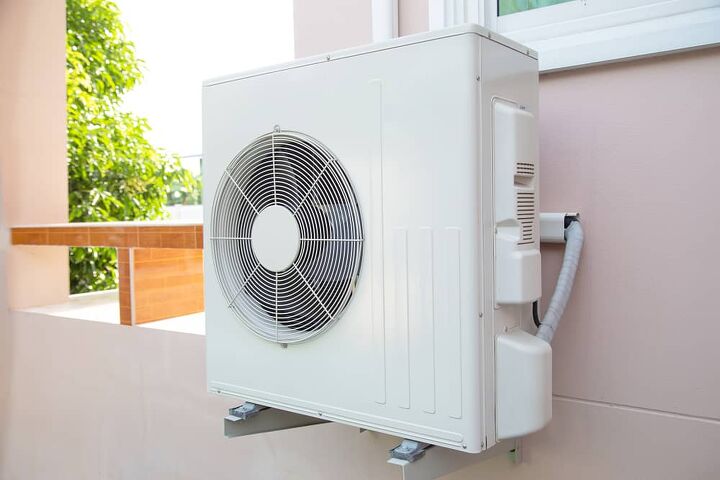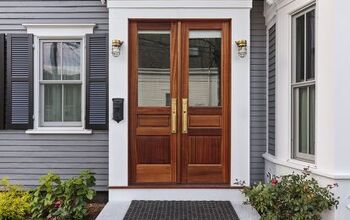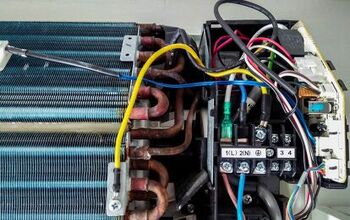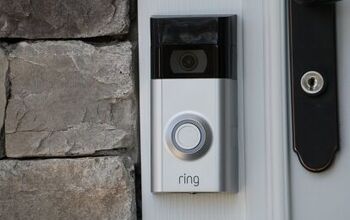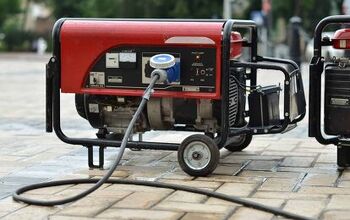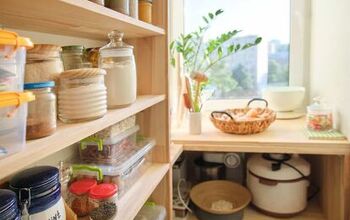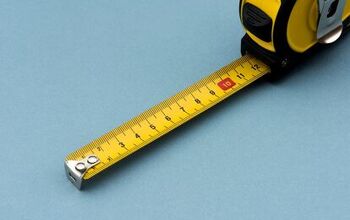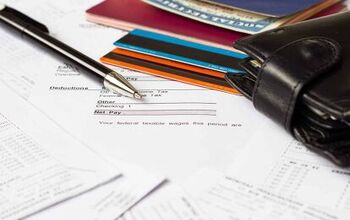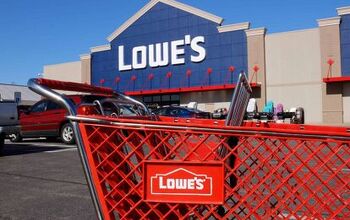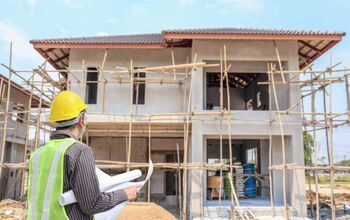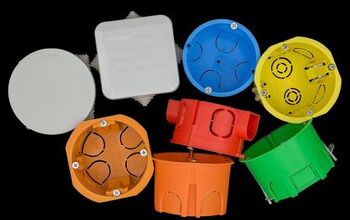Heat Pump Continues To Run After Reaching Set Temperature?

A heat pump is a multi-functioning system for homes. It can create a cool space in the summer months and a warm and cozy space when it’s cold outside. Whether in winter, spring, summer, or fall, you want your heat pump working correctly.
If your heat pump continues to run after reaching the set temperature, there could be three issues. You may not have set your thermostat appropriately, the air filter is dirty, or there is a broken condensate pump.
Do You Need a Heating and Cooling Contractor?
Get free, zero-commitment quotes from pro contractors near you.

Types of Heat Pumps
There are two common types of heat pumps, air-source and ground-source. An air-source heat pump transfers heat between indoor air and outdoor air. These are popular for residential heating and cooling.
Ground-source heat pumps transfer heat between the air inside of the home and the ground outside. These pumps are sometimes called geothermal heat pumps. These are more expensive to install but typically more efficient.
Though ground-source heat pumps are more expensive to install, they have a lower operating cost. This is because the ground temperature is more consistent throughout the year.
Understanding the Heat Pump
Heat pumps are typically more common in climates where the temperature does not drop below freezing. In areas with colder climates, you can combine heat pumps with furnaces. This combo is a dual fuel system.
When the temperature is too low for the heat pump to operate efficiently, the furnace acts as a backup. The furnace can generate the heat, keeping things both energy-efficient and cost-effective.
Why Your Heat Pump Is Constantly Running
While a heat pump that runs continuously can be a sign of an issue, sometimes it means that the heat pump is working properly. When the outside temperature is below 40 degrees, a heat pump should run constantly to keep the home warm. Therefore, if it’s very cold outside, it’s not always an issue if a heat pump runs continuously.
However, if you have higher energy bills or your house isn’t cooling or heating, this could signal a damaged heat pump. If your heat pump is constantly running in these situations, it could be a sign of a problem.
Here are three reasons why your heat pump is constantly running.
Improperly Set Thermostat
If your thermostat is not set correctly, this could be why your heat pump is continuously running. Ensure that your thermostat is not set too high in the winter or too low in the summer. Also, be sure that the emergency heat mode is not on.
Dirty Air Filter
If the air filter is dirty or clogged, the heat pump will constantly run to keep your home comfortable. In order for the heat pump to run properly, it needs fresh and clean air. Replacing or cleaning the air filter can easily solve this problem.
Broken Condensate Pump
A condensate pump pumps condensate, or water, into the system. If the condensate pump isn’t working properly, it can cause a variety of problems. One of these problems is that the heat pump runs all of the time.
How to Troubleshoot Your Heat Pump
Step 1: Inspect the Thermostat Controls
Make sure you have set your thermostat settings correctly. You should set the system to heat or cool, depending on the temperature. The fan setting should not be on.
Also, ensure you have set the temperature correctly.
Step 2: Check the Outdoor Unit
The heat pump has a defrost cycle. During the cycle, the heat pump defrosts to remove any ice from the condenser. It does this during the summer and the winter.
If the heat pump runs constantly, it could be because the heat pump is covered in ice.
Step 3: Look at the Evaporator Coil
The evaporator coil is located in the blower compartment. The blower compartment is where you change the air filter. If the coils are dirty or corroded, they could be leaking refrigerant.
This negatively impacts the heat pump and can cause it to become less efficient. When the heat pump runs less efficiently, it can attempt to make up for this by running constantly.
Sometimes a quick troubleshooting session of the heat pump can prevent a call to a professional.
Common Heat Pump Issues
Here are the most common heat pump issues and how to fix them.
Issue 1: Frozen Heat Pump in the Winter
If your heat pump is covered with frost on the sides or light ice in the winter, this is normal. The heat pump has a setting that can defrost the ice. However, if the heat pump is heavily coated, this could mean there is a problem.
When the pump is heavily iced, the ice prevents heat transfer between the refrigerant and the outside air. If you don’t take care of this issue, it can lead to compressor failure.
Below are common reasons that the heat pump can become frozen in winter.
Reason 1: The Unit Is Not Defrosting
If the unit is not defrosting, ice can build up quickly. Broken relays, controls, or sensors can cause defrost issues. There could also be a problem with the reverse valve that switches from heat to air conditioning mode.
Reason 2: Outdoor Fan Issue
The outdoor fan motor could be deteriorating or be completely damaged. The fan itself could also be damaged. If the fan is damaged, the heat will not be released from the unit, causing ice to accumulate.
Reason 3: Low Refrigerant
The heat pump could be low on refrigerant, or it could be leaking refrigerant. If this happens, the charge can become so low that there is not enough heat to melt ice. This can also lead to the unit not reaching the set temperature.
Reason 4: A Blocked Outdoor Unit
If excessive snow has accumulated around the heat pump, it can stop airflow, causing icing.
Reason 5: Water Leaking Onto the Unit
If water is dripping from your roof or gutters, this can create a layer of ice on top of the heat pump over time.
Defrosting the Heat Pump
Before you begin defrosting your heat pump, never use a hard or sharp tool to remove the ice. This can cause more damage to the unit. Instead, use water from the hose to melt the ice.
Remove any snow or debris that may be blocking the unit. Check for any leaking gutters and repair them to ensure that they don’t continue to leak onto the heat pump. If the heat pump continues to freeze, contact your HVAC repairman.
Issue 2: Frozen Heat Pump in the Summer
If your heat pump is frozen in the summer, several things can cause this issue. A refrigerant leak, clogged filter, or filthy coils can keep heat from transferring from the unit as it should.
This issue is a bit more serious and may require a professional. First, turn off the unit to prevent further damage and then contact an HVAC maintenance specialist.
Issue 3: Heat Pump Is Constantly Running in the Summer
When it is sweltering outside during the summer, the heat pump could struggle to reach the set temperature. Check the thermostat to ensure you set it correctly. However, if it is not extremely hot and the heat pump is still not cooling, you should reach out to a repairman.
Issue 4: Heat Pump Is Constantly Running in the Winter
If your heat pump constantly runs when it’s cold outside, there could be no issue at all. A heat pump’s design makes it run longer and put out less heat to save energy. However, if the outside temperature is above the mid-30s, you could have an issue.
If your heat pump is continuously running in the winter, check the thermostat. Make sure that you didn’t accidentally set the unit to cool. If you set the thermostat correctly, the issue could be leaking refrigerant, a frozen outdoor unit, or a compressor problem.
The problem could also be an undersized heat pump. If the heat pump is too small, it can not adequately heat the space. On the flip side, if the area the heat pump heats has poor insulation, this can result in heat loss. You should reach out to your HVAC professional to get to the bottom of the issue.
Issue 5: Heat Pump Blowing Cold in Heat Mode
First, check that you set the thermostat correctly. Next, check that the outdoor unit is not iced over. If it is iced over, follow the steps mentioned above to defrost the unit.
However, if the heat pump is not iced over, there could be a valve problem, a refrigerant issue, or a compressor problem. If you haven’t had the heat pump serviced recently, you may need to have it professionally cleaned and serviced.
Do You Need a Heating and Cooling Contractor?
Get free, zero-commitment quotes from pro contractors near you.

Related Questions
What is the average lifespan and cost of a heat pump?
A heat pump’s average lifespan is 10 to 12 years but can last as long as 15 years. The life expectancy depends on several factors. Heat pump type, location, and proper maintenance will add or subtract years from your heat pump.When it is time to purchase a new heat pump, it can run from $2000 to $8000, including installation. The price will depend on the size of the home and the quality of the heat pump. A higher efficiency rating on a heat pump will increase the price.
How often should I get my heat pump serviced?
You should get your heat pump regularly serviced to ensure it is running properly. If your heat pump is a supplemental system, someone should service it once a year. If your heat pump is your primary heating and cooling system, you should service it twice a year.

Stacy Randall is a wife, mother, and freelance writer from NOLA that has always had a love for DIY projects, home organization, and making spaces beautiful. Together with her husband, she has been spending the last several years lovingly renovating her grandparent's former home, making it their own and learning a lot about life along the way.
More by Stacy Randall



